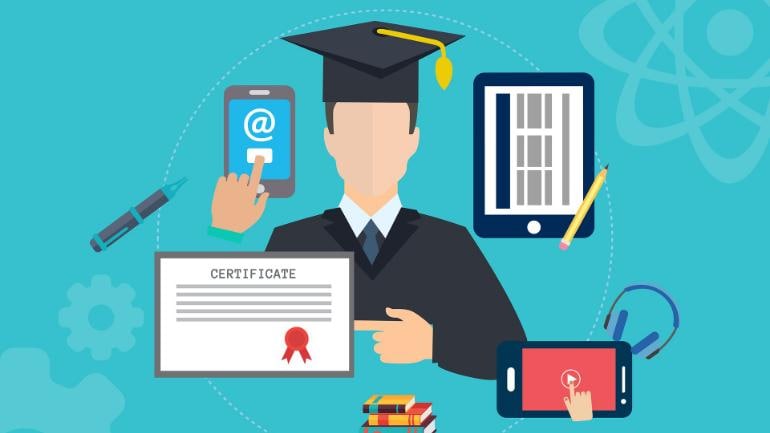
21
JanuaryEducation is not confined to classrooms: Endless opportunities available for students in this age
No opportunity is far away in the digital age, education programs are designed as per the convenience of the people.
Today, education has broadened its horizons and extended its reach and coverage since the ancient times.
Indeed, we have come a long way from a traditional system of schooling, Gurukul, when learning happened by remaining in constant touch with the guru and all education centred around the knowledge and learning of the guru.
With technology literally vanquishing the field of education, learning is no longer confined to the walls of the classrooms.
As educators and learners, one is observing widespread and dynamic trends emerging in the field of education.
Educational policies, methodologies, technological compatibility, and the approach to learning for the substantive development of the teacher and the taught are continuously changing.
Today, we are living in an era of e-learning wherein education is often imparted with no direct contact with the facilitator.
Another concept which is revolutionising the field of education is 'Distance Learning' which has contributed tremendously in reaching out to the enthusiastic learners in the backward and remote parts of the country which till date remain deprived of basic amenities.
The paradigm shift from 'Classroom learning' to 'Experiential learning' has also shattered the confines of a 'closed classroom' concept and compelled us to think beyond.
To enhance the efficacy of the mind, there is a need to align three components of learnings based on knowledge and skills, instructional strategies and assessment patterns with the prospective needs of the future and to achieve that we need to provide opportunities for new avenues and domains.
The educational system provides the right atmosphere for learners to develop their soft skills and empowers them to be critical thinkers, lifelong learners, change agents and world leaders.
This objective of education can be achieved only when schools follow an all-embracing attitude to education i.e. an integrated development stressing on physical, mental, moral and social aspects.
Individual talents can, therefore, be honed only by looking beyond the classroom situations and aim for an educational system that provides the right atmosphere for the cultural, social and aesthetic development of the learners by cutting a fine balance between scholastic and co-scholastic activities.
Students should, therefore, be provided with a free access to explore their talents through multifarious sports and club activities.
Learning through hands-on activities should also be promoted which not only strengthen the concept but also trains the learners to adapt and apply their learning to everyday life situations.
Such practical knowledge can be imparted only by moving out of the traditional mindset of a conventional classroom and looking beyond.
Dr APJ Abdul Kalam, said, "the entire education system has to be based on capacity building comprising five components: research and enquiry, creativity and innovation, capacity to use high-end technology, entrepreneurship and moral leadership."
In pursuit of this ideal module, we as educators, need to and are making every endeavour to open the portals of learning and move our learners out of the confines of a 'classroom' and such has been achieved by bringing desirable dynamics in education by way of revolutionising the existing practices.
This article is authored by By Dr Saroj Suman Gulati, Director, Blue Bells Group of Schools.
Source : https://www.indiatoday.in/education

Reviews